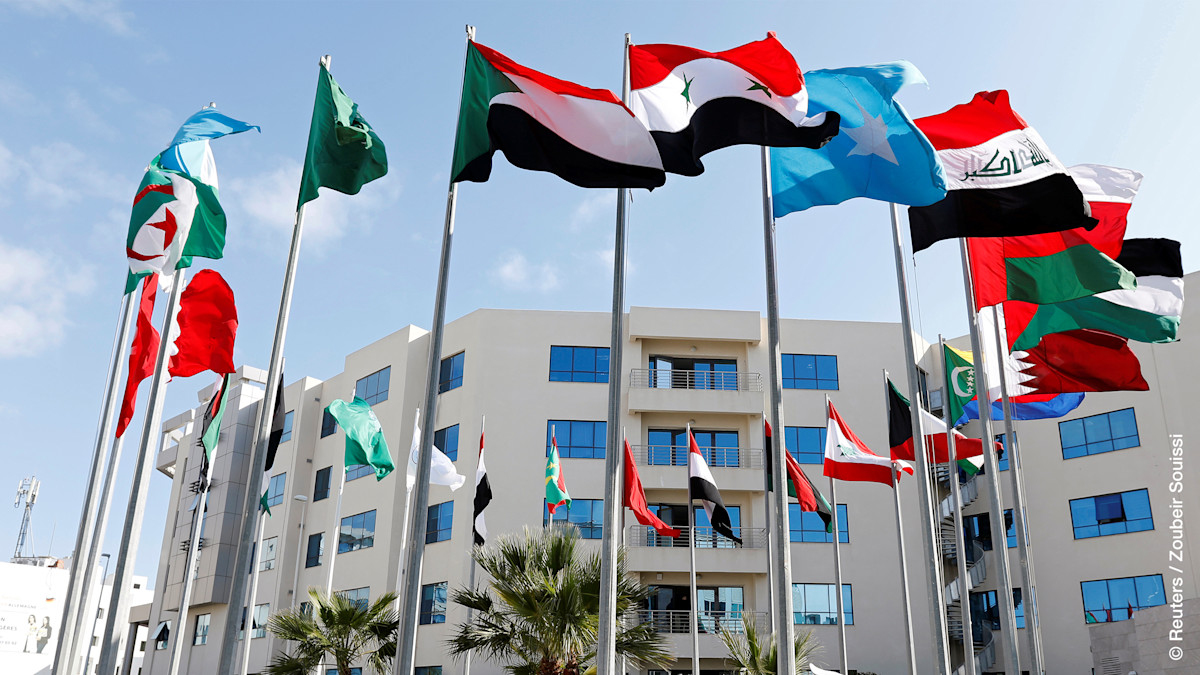
From diplomatic resets in Damascus to bold modernization plans in Algiers and simmering unrest in Tunisian hospitals, North African newspapers on Thursday, July 10, paint a picture of a region in transformation—bridging national priorities with strategic global alignments.
In Morocco, media outlets spotlight the reopening of the Moroccan embassy in Damascus, ending more than a decade of diplomatic freeze with Syria. Le Matin frames the move as part of a broader regional trend towards normalization and reintegration.
On a bilateral front, the same paper highlights deepening ties with Azerbaijan, as Ambassador Adil Embarch lauds progress in economic, cultural, and political cooperation.
Meanwhile, Hespress shifts attention to a judicial innovation: the rollout of artificial intelligence in Moroccan courts, aimed at accelerating case management and digitizing the legal system.
In Algeria, El Watan reports on the country’s formal accession to the Treaty of Amity and Cooperation in Southeast Asia (TAC)—a move underscoring Algiers’ pivot toward diversified international diplomacy. Domestically, the Ministry of Justice has signed a new partnership with the Bank of Algeria to strengthen the fight against banking offences.
On the urban front, Algérie360 announces an ambitious redevelopment project for Bab El Oued and the Casbah of Algiers, blending heritage conservation with urban renewal.
Tunisia’s press reflects both optimism and tension. Tunisie Numérique reveals the country’s status as Africa’s second-largest exporter of automotive components, while warning of looming challenges in adapting to electromobility.
Politically, President Kaïs Saïed emphasizes the urgency of building robust institutions and nurturing youth skills as part of the 2026–2030 development plan. But Business News reports growing unrest among young doctors, frustrated by “precarious” conditions they say contradict the government’s reform promises.
In Egypt, Daily News Egypt focuses on the arrival of Chinese Premier Li Qiang in Cairo, signaling renewed vigor in Sino-Egyptian relations. Meanwhile, Egypt Independent underscores calls by the Irrigation Minister for deeper African cooperation on water management, amid escalating climate concerns.
Finally, in Libya, Libya Herald quotes Prime Minister Abdelhamid Dbeibah, who sharply condemns militia influence, branding them “criminal gangs” and a “state within a state.”
Amid internal security tensions, LANA reports renewed dialogue with Egypt, aiming to boost bilateral cooperation in security, energy, and trade.
Across the region, the news signals a delicate balancing act between reform and resistance, and between national ambition and external engagement.



